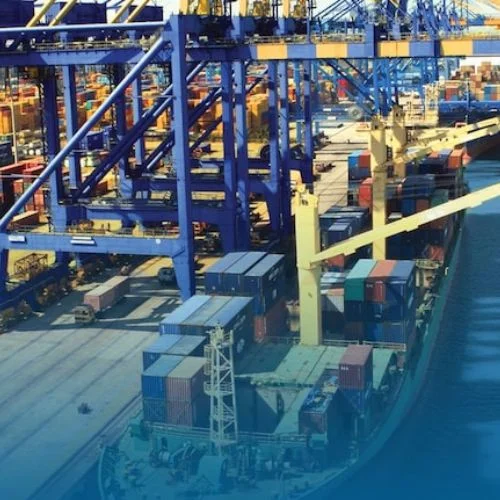Gujarat Urja Vikas Nigam (GUVNL) awarded Hinduja Renewables a 140-MW solar power project on Wednesday.
According to a business release, the contract is part of GUVNL’s Solar Tender Phase -XXII for the selection of solar power developers for the establishment of 500 MW Solar Power Projects anywhere in India.
Hinduja Renewables was one of four winning developers in this contest, which included participation from prominent independent power producers, according to the release.
Hinduja Renewables has won a contract to build 140 MW of solar generating capacity at a tariff cost of Rs 2.64/kWh, according to the company.
GUVNL may enable an extra capacity of 140 MW by exercising the green shoe option, bringing the total capacity to 280 MW.
According to Sumit Pandey, CEO of Hinduja Renewables, “This is a welcome addition to the recent tenders we have won this year across various central and state tenders such as NHPC and GUVNL. With this success, Hinduja Renewables will be able to operate in the nation with a capacity of more than 1.5 GW in the next years.”
According to Raj Kumar Singh, Union Minister of Power and Renewable Energy, India is on track to become one of the world’s major solar module producers and has the fastest-increasing renewable energy potential.
During a speech in Delhi, the minister emphasized India’s tremendous progress in the renewable energy industry, especially green hydrogen, which is nurturing a vibrant ecosystem. The nation has one of the most extensive wind energy production ecosystems and is seeing significant expansion in solar capacity, driving India to the world leader in renewable energy.
With significant current solar manufacturing capacity and ambitious developments such as polysilicon facilities ongoing, India is poised to become one of the world’s major solar module producers.
Adding to the nation’s accomplishments, India has already met its Nationally Determined Contributions (NDC) objective of 40% renewable capacity ahead of schedule. The administration remains strong in its commitment to meeting the NDC objective of 50% renewable capacity share by 2030, considerably ahead of the NDC schedule.
India is one of the world’s fastest-growing economies, yet its per capita greenhouse gas emissions are far lower than the global average. The government is attempting to strike a delicate balance between servicing its rising energy demands and lowering carbon emissions. India’s commitment to sustainable development, renewable energy expansion, and electric car adoption remains unwavering.















